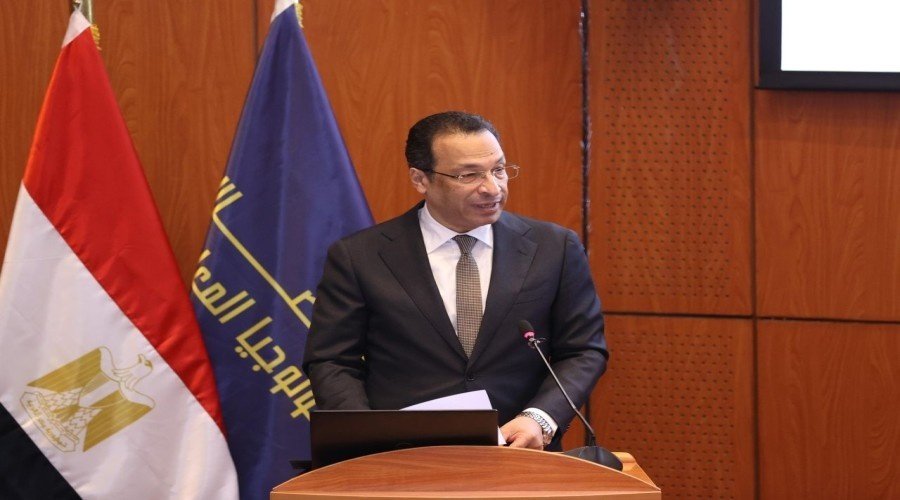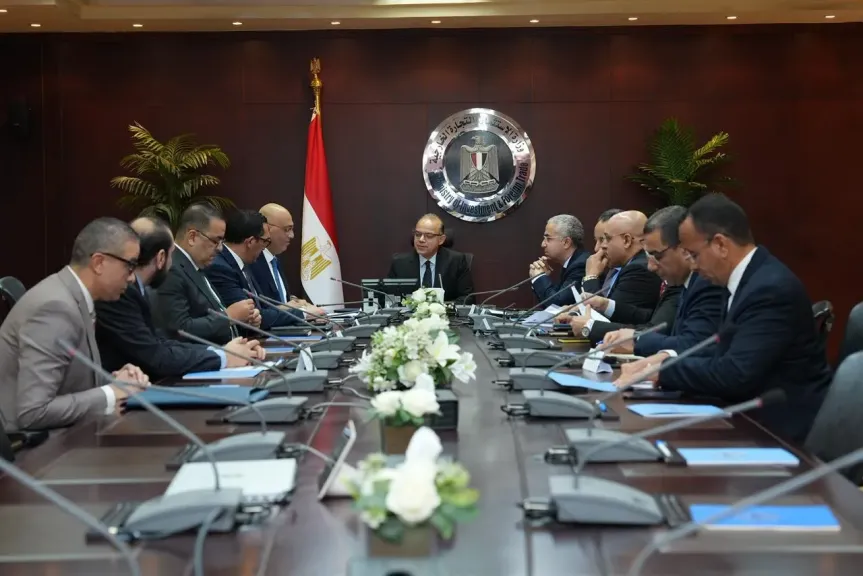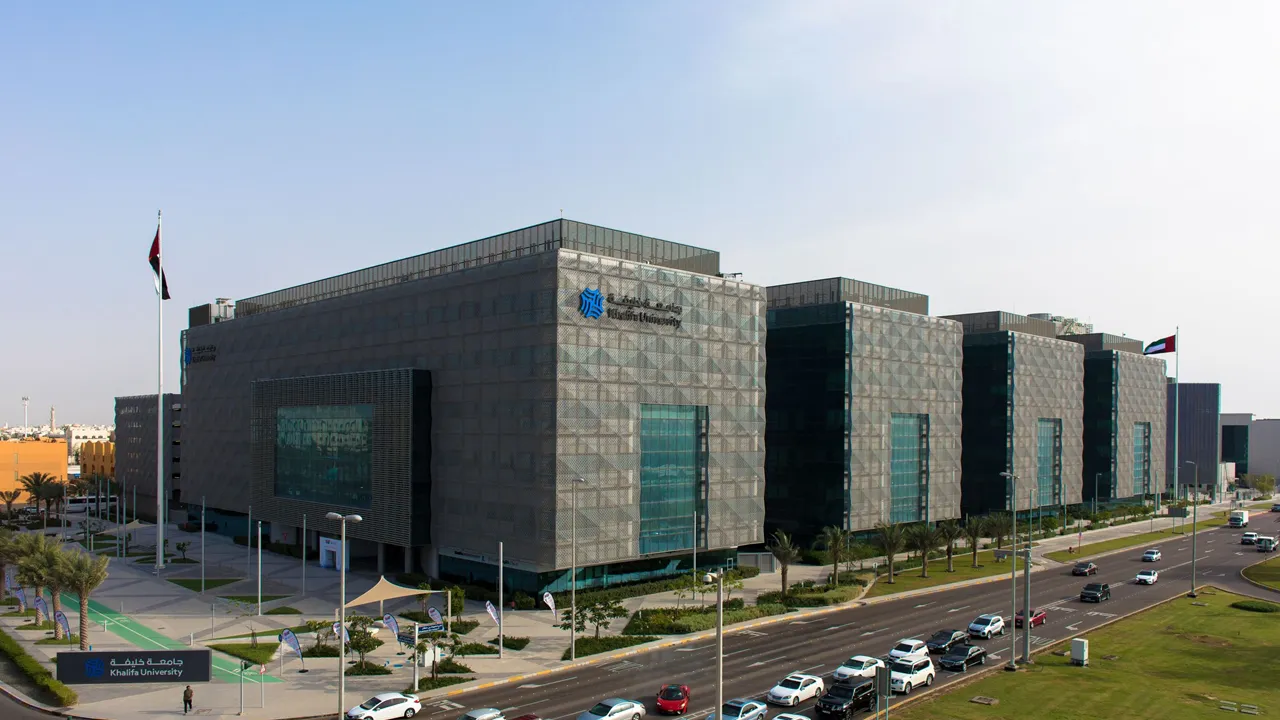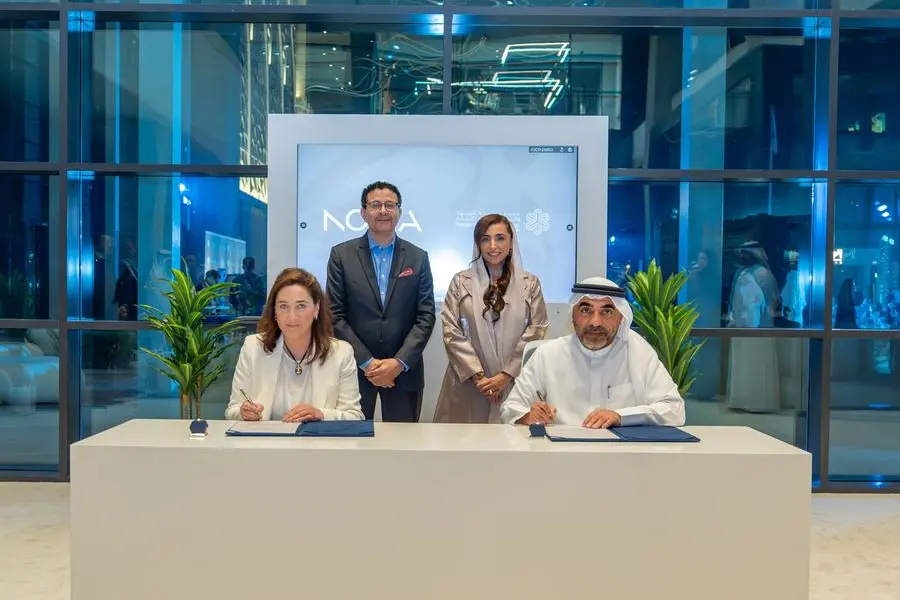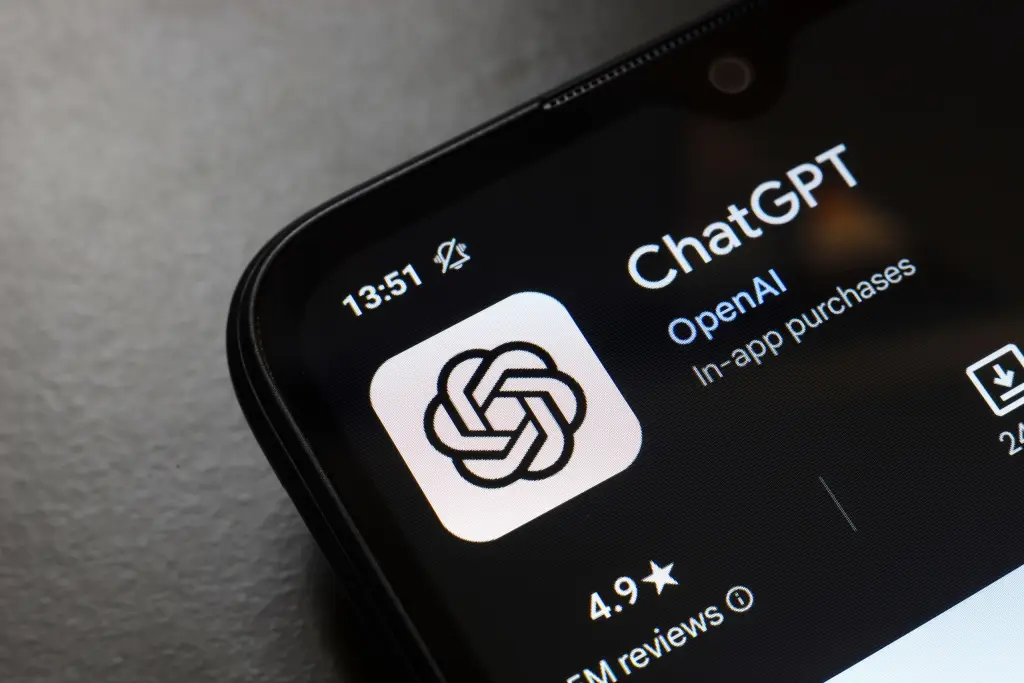In a landmark development set to redefine the landscape of artificial intelligence in the Middle East and North Africa (MENA), the UAE has unveiled TelecomGPT-Arabic, a large language model (LLM) specifically designed for the telecommunications sector and optimized for the Arabic language. This groundbreaking initiative is the result of a powerful collaboration between Abu Dhabi’s Khalifa University’s 6G Research Centre, Dubai-based telecom provider du, global tech giants Nokia and Microsoft, and the international standards body ITU.
A Collaborative Leap in AI Innovation
TelecomGPT-Arabic represents a significant stride in the application of generative AI within a critical industry. The project leverages the unique strengths of each partner: Khalifa University’s cutting-edge research capabilities, particularly through its 6G Research Centre, du’s extensive telecommunications expertise and infrastructure, Nokia’s deep understanding of network technologies, Microsoft’s AI prowess and cloud infrastructure, and the ITU’s role in setting global telecom standards.
The collaboration aims to address the growing demand for specialized AI models that can understand and process complex, industry-specific data, while also catering to the linguistic nuances of the Arabic-speaking world. The development of TelecomGPT-Arabic positions the UAE at the forefront of region-specific AI innovation, demonstrating a commitment to building advanced technological solutions tailored to local needs.
Bridging the Language Gap: Why Arabic is Key
While generic LLMs have made significant progress, their effectiveness can be limited when dealing with highly specialized domains and languages with rich cultural and dialectal variations like Arabic. TelecomGPT-Arabic fills this critical gap by providing a model trained on a vast corpus of Arabic telecom-specific data. This focus ensures higher accuracy, relevance, and natural language understanding for a wide array of applications, from customer service interactions to complex network management tasks.
The ability to process and generate responses in fluent, contextually appropriate Arabic will dramatically improve user experience for millions across the MENA region. It will also empower telecom operators to optimize their operations with greater precision and efficiency, directly impacting customer satisfaction and service delivery.
Revolutionizing Telecom Operations and Customer Experience
The potential applications of TelecomGPT-Arabic are vast and transformative. In customer service, it can power highly intelligent chatbots and virtual assistants capable of handling complex queries, troubleshooting issues, and providing personalized support in various Arabic dialects. This can lead to reduced call center volumes, faster resolution times, and enhanced customer loyalty.
Beyond customer interactions, the LLM is poised to revolutionize network operations. It can assist in proactive network maintenance, identify potential outages before they occur, optimize resource allocation, and analyze vast amounts of network data to predict trends and improve service quality. Its capabilities could also extend to generating technical documentation, assisting engineers with complex problem-solving, and even contributing to the development of future telecom standards, especially in the context of 6G technologies.
Strategic Partnerships Driving Innovation
The multi-stakeholder nature of this project underscores a growing trend in advanced technological development: the necessity of combining academic research, industry expertise, and global standardization efforts. Khalifa University brings foundational research and specialized knowledge in next-generation communication systems (6G), while du provides real-world operational insights and data. Nokia contributes its deep hardware and software expertise in telecommunications infrastructure, and Microsoft offers its robust AI platforms and cloud capabilities. The ITU’s involvement ensures that the developed technologies can potentially contribute to global standards, fostering interoperability and wider adoption.
This collaborative model serves as a blueprint for future innovation, demonstrating how diverse entities can converge to create highly specialized and impactful AI solutions that address specific regional and industry challenges.
About Khalifa University
Khalifa University of Science and Technology is a world-class, research-intensive university in Abu Dhabi, UAE, dedicated to the advancement of learning through the discovery and application of knowledge. It is recognized for its comprehensive academic programs and pioneering research in areas critical to the UAE’s economic diversification and global technological advancement. Its 6G Research Centre is a hub for exploring the next generation of wireless communication technologies, pushing the boundaries of connectivity and data transfer.
Looking Ahead: The Future of Telecom AI in MENA
The launch of TelecomGPT-Arabic is a significant milestone for the UAE and the wider MENA region. It not only demonstrates the UAE’s commitment to becoming a global leader in AI and digital transformation but also sets a new standard for localized, industry-specific AI development. As the model evolves and its applications expand, it is expected to drive further innovation in the telecommunications sector, enhance digital inclusion, and contribute significantly to the digital economies of Arabic-speaking countries. This initiative positions the UAE as a key player in shaping the future of AI-powered telecommunications globally, particularly as the world looks towards the capabilities of 6G.
Source: Middle East AI News


